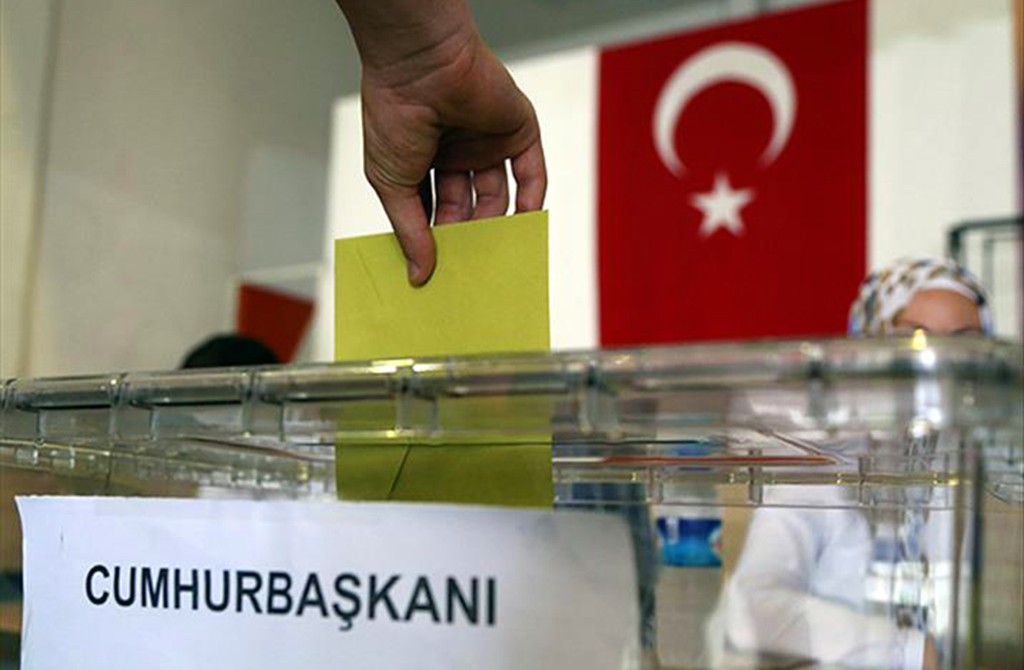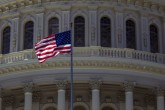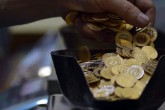There’s only a month left until the June 24 election. Since the day of the elections was announced, the parties have been working on choosing their presidential and parliamentary candidates but have yet to begin their election campaigns. The parties will conduct their election campaigns in full force in the month to come.
In this sense, the Justice and Development Party (AK Party) began its campaigning for the June 24 election by announcing its election manifesto. The Republican People’s Party (CHP), as the head of the anti-President Recep Tayyip Erdoğan group, is announcing its election manifesto today.
For Erdoğan and the People’s Alliance he leads, the campaigning period does not seem like it will be too complicated. Considering Erdoğan’s political performance from the day the decision to hold the election up to now, he has continued to maintain the upper hand in setting the agenda. In contrast, opposition political actors are having a difficult time establishing their own agendas.
With this in mind, the Nation Alliance between the CHP, the Good Party (İP), the Felicity Party (SP) and the Democrat Party (DP) and supported from the outside by the Peoples’ Democratic Party (HDP) appears as if they depend on the negativity that occur from outside conditions. In this sense, they are trying to use the negative effects of the dollar’s rise on the Turkish economy as a lever. But this does not make it possible for them to set their own agenda in the eyes of the public or set a political campaign for how they are going to solve the problems Turkey faces, with the loss of the Turkish lira’s value being foremost among them. They are passively waiting. Their main expectation is a probable crisis in the Turkish economy which will give rise to election results in their favor.
I believe there are certain reasons behind this. Above all else, the anti-Erdoğan group continues to follow a reactionary strategy. Being against Erdoğan has been the CHP and HDP’s main political point for a long time. However today, they do not know how to use this anti-Erdoğan stance. The reason behind this is the large acceptance Erdoğan has among Turkey’s public in the aftermath of the July 15 attempted coup. Because of this general acceptance, they shy away from openly demonstrating their opposition to Erdoğan. However, this puts them in a vacuum.
The main difficulty facing the anti-Erdoğan group is that the parts of this group are not just competing for the June 24 election. The entire anti-Erdoğan group is also experiencing intraparty fighting for administrative supremacy, the CHP foremost among them. We saw the most concrete example of this in the CHP’s process in choosing its presidential and parliamentary candidates. CHP head Kemal Kılıçdaroğlu moved by calculating his own administrative power in his party when setting out the candidates for president and members of Parliament. In other words, Kılıçdaroğlu’s main motivation was to purge his competition and guarantee his presence as head of the party rather than to carry his party to the center of administration. In line with this, he competed with Muharrem İnce – someone who had no chance of winning – and withheld the names of the people close to İnce from the CHP’s parliamentary candidate list hoping to win in the intraparty administrative struggle. This situation has revealed a half-hidden administrative struggle in the CHP on the road to the June 24 election.
The difficulties facing the anti-Erdoğan group are not limited to this. Another is that the group is facing elections in a system they objected to and their inability to speak out as strongly in favor of “returning to the parliamentary system.” However, the “no” front in the 2017 constitutional referendum had been motivated by this discourse on the road to June 24 and they had promised their constituency an immediate return to a parliamentary system. It appears that this promise has been forgotten and the anti-Erdoğan group has also adopted the new system.
Despite all of this, Erdoğan continues to set his own agenda. The reason behind this is that Erdoğan has maintained his ambitious administrative style. Erdoğan continues to be strong in both domestic and international politics.
It appears that in the coming month, Erdoğan will continue to set the agenda for Turkey’s politics and his competition will have to speak from within that agenda.
[Daily Sabah, 26 May 2018]
In this article
- Opinion
- 2017
- 2018
- 2018 Elections
- Anti-Erdoğanizm
- Daily Sabah
- Early Elections in Türkiye
- Elections
- Global Actors | Local Actors
- Muharrem Ince
- Nation Alliance
- Opposition
- People's Alliance
- Recep Tayyip Erdoğan
- Snap Elections
- The President of the Republic of Türkiye
- Turkish Economy
- Turkish Lira
- Turkish President
- Türkiye's Elections
- Türkiye's Elections 2018
- Türkiye's Felicity Party (SP)
- Türkiye's Good Party (IP)
- Türkiye's Justice and Development Party | AK Party (AK Parti)
- Türkiye's Peoples' Democratic Party (HDP)
- Türkiye's Republican People's Party (CHP)



